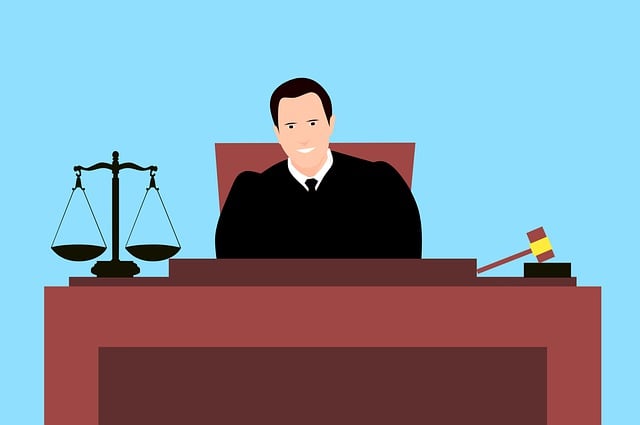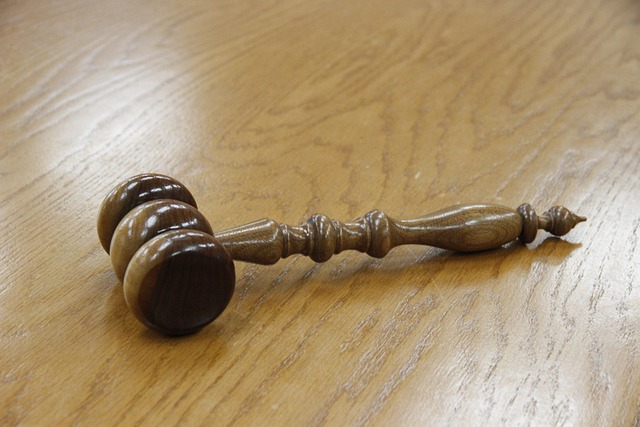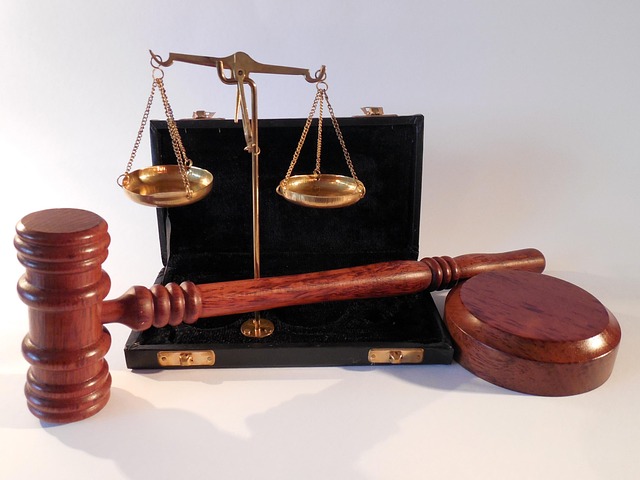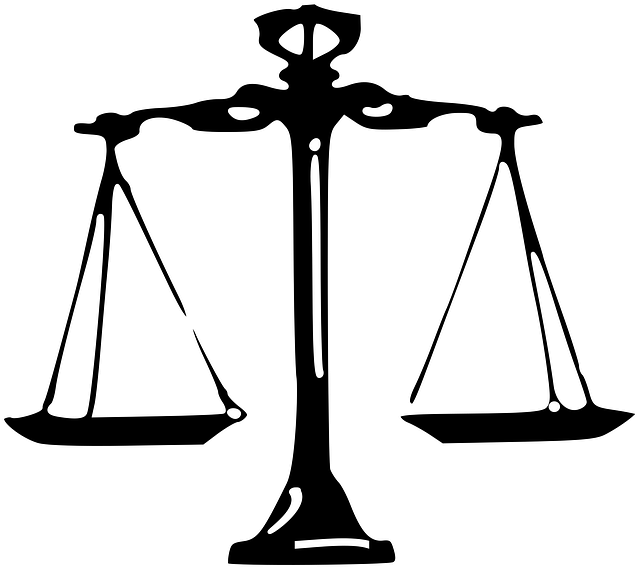Corporate crime investigations into breach of contract cases under civil law reveal complex scenarios demanding nuanced approaches. These cases, from initial complaints to resolutions, involve fact-finding, evidence collection, and navigating financial records. Real-world examples, like pharmaceutical and tech industry scandals, underscore the consequences of contractual violations. Civil lawsuits hold businesses accountable, with significant financial and reputational impacts, deterring future misconduct. Effective investigations require thorough documentation, expert witnesses, collaboration among stakeholders, tailored prosecution strategies, and alternative dispute resolution methods.
Corporate Crime Investigations delve into complex issues arising from breach of contract cases, where businesses violate legal agreements with significant consequences. Understanding these investigations requires familiarity with key concepts and the underlying legal framework. This article explores these aspects, highlighting real-world examples, such as high-profile breach of contract scandals, that have shaped corporate accountability through civil lawsuits. Additionally, it offers strategic insights for effective investigation and prosecution in breach of contract cases, drawing on breach of contract case examples in civil law to reinforce key points.
- Understanding Corporate Crime Investigations: Key Concepts
- Legal Framework for Breach of Contract Cases
- Real-World Examples: High-Profile Breach of Contract Scandals
- Civil Lawsuits and Their Impact on Corporate Accountability
- Strategies for Effective Investigation and Prosecution
Understanding Corporate Crime Investigations: Key Concepts

Corporate Crime Investigations delve into complex issues arising from business misconduct. These high-stakes cases encompass a wide range of offenses, from financial fraud and embezzlement to breach of contract and environmental violations. Understanding the intricacies involves recognizing key concepts that shape investigations across the country. One prominent area is the examination of Breach of Contract Case Examples in Civil Law, where businesses or individuals are held accountable for failing to uphold contractual agreements.
The process spans all stages of investigative and enforcement efforts, from initial complaints and fact-finding to evidence collection, legal arguments, and ultimate resolutions. Each case presents unique challenges, requiring investigators and lawyers to navigate intricate financial records, legal documents, and regulatory frameworks. Effective investigations demand a comprehensive approach that considers the specific context, available resources, and potential impact on stakeholders across various industries.
Legal Framework for Breach of Contract Cases

In the realm of corporate law, understanding the legal framework for breach of contract cases is paramount. When a company or individual violates the terms agreed upon in a contract, it triggers a series of legal actions governed by civil laws. These cases often revolve around resolving disputes and ensuring contractual obligations are met, with the ultimate goal of providing remedies to aggrieved parties. For his clients, navigating this process effectively can be crucial in avoiding indictment and mitigating potential losses.
Breach of contract is a common scenario where one party fails to fulfill their duties as outlined in the agreement. Civil law jurisdictions employ comprehensive legal codes that dictate how these cases are handled, from initial investigation to final enforcement. For instance, examining relevant case studies under breach of contract can offer valuable insights into real-world scenarios and help businesses understand their rights and obligations. By delving into all stages of the investigative and enforcement process, individuals and companies can better prepare for potential disputes and safeguard their interests in future contracts.
Real-World Examples: High-Profile Breach of Contract Scandals

In recent years, several high-profile breach of contract scandals have rocked various industries, serving as stark reminders of the significant consequences that can arise from contractual violations. One notable example is the case of a pharmaceutical giant accused of suppressing negative data related to a widely prescribed medication. This breach of contract not only violated the agreement with its research partners but also led to severe legal repercussions, including substantial fines and damage to the company’s reputation. The incident underscored the importance of upholding contractual obligations in the complex world of business.
Another compelling instance involves a tech startup that failed to honor its contracts with investors, leading to a series of high-stakes cases. The company’s missteps resulted in a loss of investor confidence and subsequent legal battles. This situation highlights the potential for significant financial and reputational damage when contractual agreements are not respected. In these and similar breach of contract case examples in civil law, the role of general criminal defense strategies becomes crucial, as companies must navigate complex legal landscapes to mitigate risks and ensure compliance with their respective business obligations.
Civil Lawsuits and Their Impact on Corporate Accountability

In the realm of corporate crime investigations, civil lawsuits play a pivotal role in holding businesses accountable for their actions. These legal proceedings, often stemming from breaches of contract or other legal obligations, serve as powerful tools to enforce corporate responsibility. For instance, breach of contract case examples in civil law have shown how companies can be sued for failing to adhere to agreed-upon terms, leading to significant financial repercussions and reputational damage. Such high-stakes cases not only deter future misconduct but also ensure that businesses operate within legal boundaries.
Across the country, the impact of these lawsuits extends beyond individual disputes, fostering a culture of transparency and integrity in corporate practices. The resolution of white-collar and economic crimes often involves substantial monetary settlements, which can act as a deterrent for similar offenses. This approach, while emphasizing accountability, also underscores the importance of proactive measures to prevent contractual breaches and other legal transgressions in the business world.
Strategies for Effective Investigation and Prosecution

In navigating complex corporate crime investigations, a multi-faceted approach is crucial. Effective strategies involve meticulous documentation and preservation of evidence, including digital trails and financial records. Investigators should also leverage expert witnesses and industry specialists to interpret complex transactions or behaviors, as seen in numerous breach of contract case examples within the civil law realm. Collaboration between law enforcement, regulatory bodies, and the philanthropic and political communities is essential for comprehensive oversight.
Prosecution strategies must be tailored to the respective business and legal landscapes, considering local laws and international agreements when dealing with multinational corporations. While jury trials offer a robust measure of public accountability, alternative dispute resolution methods can streamline proceedings while maintaining transparency. Ultimately, successful prosecution enhances deterrence, fostering integrity within corporate practices and holding individuals accountable for their actions.
Corporate crime investigations, particularly breach of contract cases, require a multifaceted approach. By understanding key concepts, navigating legal frameworks, and examining real-world examples like high-profile scandals, we can appreciate the importance of civil lawsuits in fostering corporate accountability. Implementing effective investigation and prosecution strategies is paramount to deterring future misconduct. Additionally, delving into successful breach of contract case examples in civil law serves as a testament to the power of legal recourse in upholding ethical business practices and ensuring justice for all parties involved.






